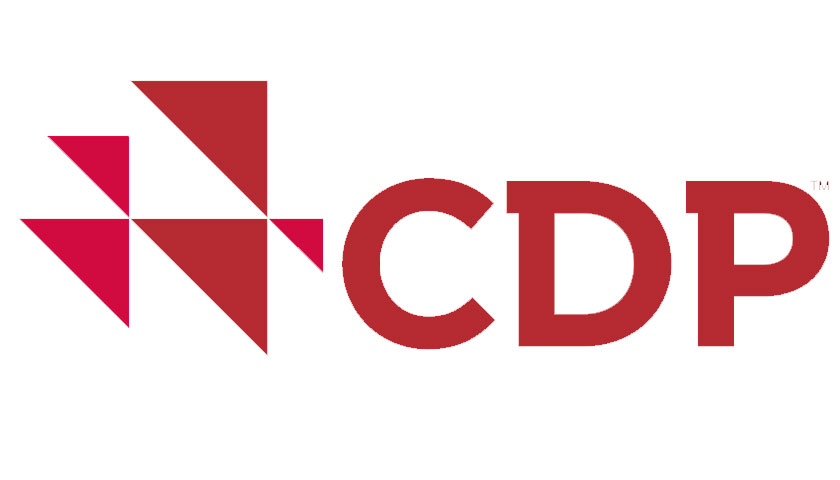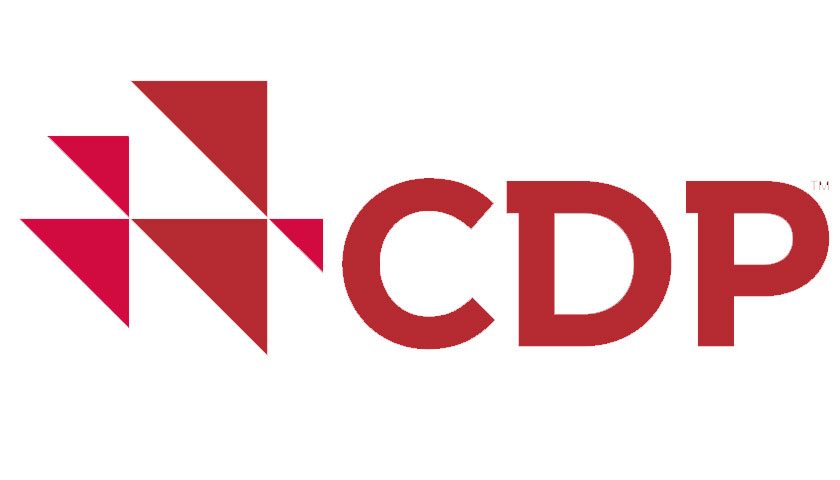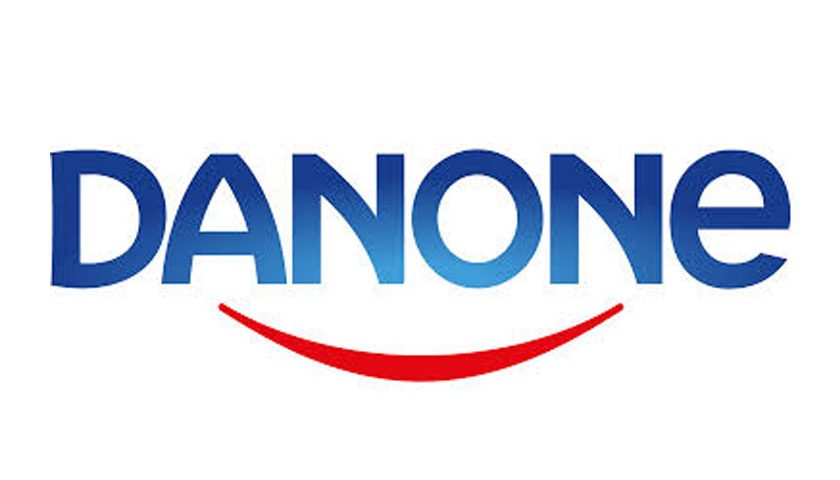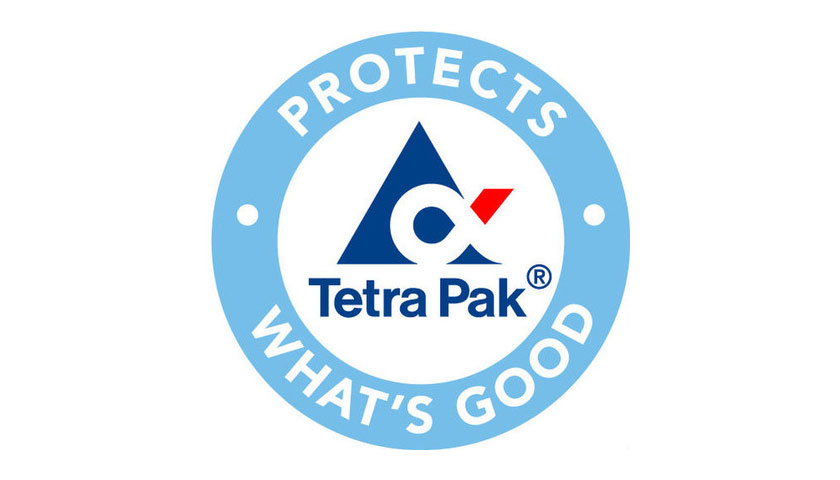EFRAG and CDP have recently announced a collaboration to accelerate the market uptake of the European Sustainability Reporting Standards (ESRS), adopted by the European Commission on 31 July 2023.
Under the agreement, CDP will explore and implement alignment of its disclosure system with the ESRS as EFRAG provides technical expertise, access and guidance. This collaboration will support the market readiness for quality environmental reporting by accelerating the implementation of the European sustainability reporting standards.
CDP, supported by EFRAG, will begin to offer webinars and detailed technical guidance materials to support companies report on ESRS data points through CDP. Currently used by over 23,000 companies, CDP disclosing companies represent two-thirds of global stock market capitalization and nearly 90% of European market value.
Starting January 2024, the ESRS will apply to around 50,000 businesses and in due course to a significant number of non-EU headquartered businesses, meaning that requesting information in relation to value chains will have to be considered by many companies worldwide.
Covering climate change (ESRS E1), pollution (E2), water and marine resources (E3), biodiversity and ecosystems (E4), and resource use and circular economy (E5), the ESRS represent a very comprehensive and ambitious effort to legally require companies to report wide-ranging data on their environmental impacts, risks and opportunities.
Building on and contributing to global sustainability reporting progress, the ESRS are interoperable with the IFRS S2 climate-related disclosure standard developed by the International Sustainability Standard Board (ISSB) as well as with the Global Reporting Initiative (GRI) standards.
The ESRS follow a double materiality approach, meaning businesses must report both how they expect climate and environmental changes to affect their operations and value creation, as well as how they impact people and planet.
CDP’s disclosure system already extensively covers climate change, forests, and water security, impacts and risks. Data from those disclosures is used by financial institutions, policymakers and many other organizations worldwide to measure and drive corporate environmental progress.
Patrick de Cambourg, Chair of the EFRAG Sustainability Reporting Board, said: “Only with robust environmental data can financial markets and other stakeholders identify businesses with credible plans to reduce their impacts so that they thrive in a zero-emissions, nature-positive future. This means companies reporting not only how climate change may affect their value, but also how they affect the environment. The standards elaborated by EFRAG in its role as technical advisor to the European Commission will support capital markets to compare companies, reduce greenwashing and redirect capital. And our collaboration with CDP will help to accelerate these standards’ market uptake, building capacity among EU and non-EU businesses alike to use them as regulation comes in.”
Maxfield Weiss, Executive Director of CDP Europe, said: “With the bar now being raised globally in respect to environmental disclosure, our collaboration with EFRAG will ensure companies preparing to report can do so through CDP. As the only independent global environmental disclosure system, CDP is proud to continue and scale up our role in making best-practice corporate reporting a norm. The ESRS are a watershed – an obligation for thousands of companies inside and outside the EU to report how they impact climate change, pollution, water and biodiversity. Their implementation through the CSRD will help ensure a level playing field for and support the companies already investing in their transition. These ambitious EU standards and CDP’s global environmental disclosure platform are essential to secure a sustainable economy that works for people and planet.”



